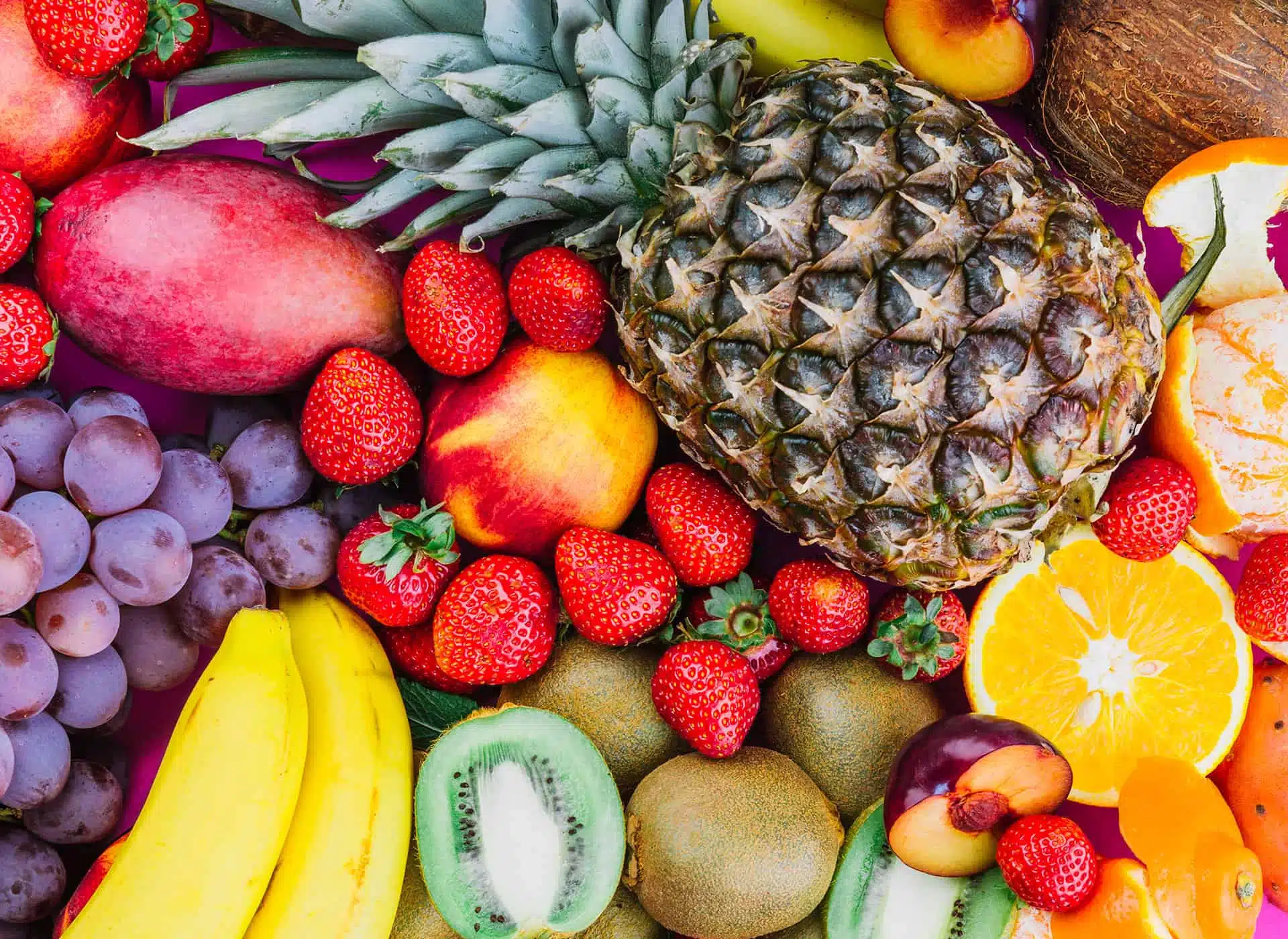Online sources claim that fruit can have better health benefits if eaten in the afternoon or on an empty stomach. These claims are not supported by evidence.
In this article, we explore the various myths linked with when to eat fruit, along with ways to time fruit intake for weight loss and diabetes management.
Uncovering Myths
There are many myths about when fruit should be eaten. We will be discussing four common myths about fruit-eating and the evidence supporting them.
Myth: Fruit is best eaten in the afternoon
According to some sources, eating fruit in the afternoon can have more health benefits than eating it in the morning. Others disagree and say that it is better to eat the fruit in the morning, with a glass or water.
There is no evidence that fruit consumption in the mornings or afternoons has any effect on one’s health.
It is believed that fruit eaten in the afternoon can increase blood sugar levels and “wake up” the digestive system.
However, all carbohydrate-containing foods raise blood sugar levels, and the time of day has little effect on this. Your digestive system is ready to start working at any hour of the day.
Fruit is a great option for afternoon snacks. Complex carbohydrates and fiber are more digestible than simple carbohydrates like white bread. This helps people feel fuller longer and prevents them from snacking during the day.
Fruits also provide a wide range of vitamins and minerals as well as health benefits. A healthy fat or protein in fruit can help you get more energy and balance. For a nutritious snack, try fruit with some nuts, seeds, or avocado.
Myth: Don’t eat fruit before you go to bed
A person’s sleep cycle can be disrupted if they eat a large meal before bed. Fruit is more likely to disrupt sleep than other foods, especially processed food when it’s eaten at night.
According to the National Sleep Foundation, certain foods eaten before bed can disrupt sleep because of how the body processes them. Avoid eating processed sugars before bed as they can increase and decrease energy levels. Fresh fruit might be a better choice.
They also mention that consuming bananas before going to bed can provide potassium which may help prevent leg cramping at night. Including fruits with higher stomach ability to prevent bacterial growth would ensure that fruit does not rot even if it is left in the stomach for a long time. Most microorganisms cannot grow in the stomach’s acidity.
Talk to a doctor about your specific digestive issues.
Myth: Diabetes and fruits are not separate from meals
Another claim is that people with diabetes should eat fruit between 1 and 2 hours before and after meals.
This myth centers around the belief that fruit eaten with a meal can cause problems with digestion. It can be especially harmful to people with diabetes due to co-occurring issues.
First, there is no evidence that eating fruit alone will improve digestion. Second, eating fruit by itself can lead to sugars entering the bloodstream faster, potentially increasing blood sugar levels more than when eaten with other foods.
A person with diabetes may prefer to eat fruits together, rather than eating them separately.
According to research, fiber, protein, and fat help slow down the release of food to the small intestine. The body absorbs less sugar per day, which reduces its impact on blood sugar.
Research also suggests that soluble fiber can lower blood sugar levels, which is very helpful for those with diabetes. A piece of fruit can be a good way to avoid overeating. It helps you feel fuller sooner.













